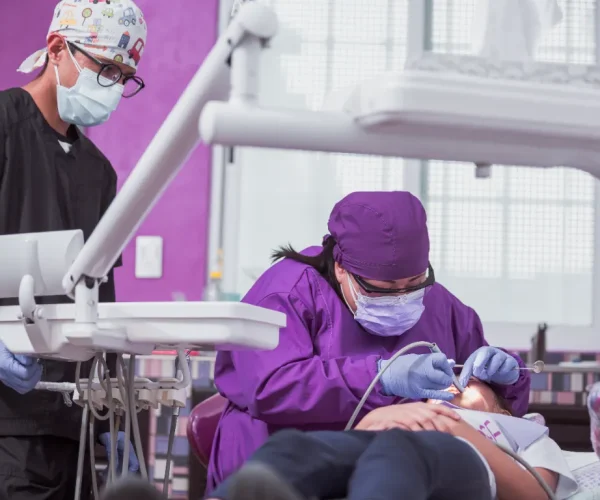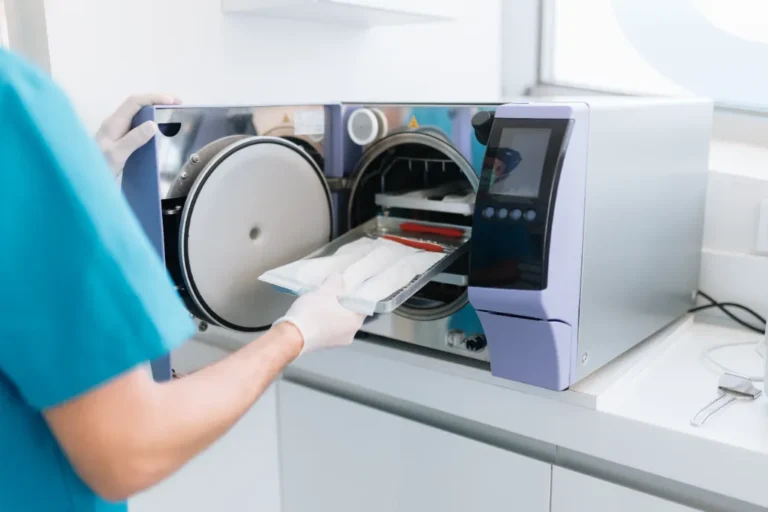Why Infection Control Matters in Dentistry

Infection control is a critical part of every dental practice. It protects patients, staff, and the entire community by preventing the spread of harmful germs and diseases. Understanding why infection control matters helps dental professionals maintain safe environments and ensures patients feel confident during their visits.
What Is Infection Control in Dentistry?
Infection control refers to the processes and procedures used to prevent the spread of infections in dental settings. This includes sterilizing instruments, wearing protective gear, and adhering to strict hygiene practices. Every dental office implements infection control protocols to minimize the risk of cross-contamination and protect all individuals involved.
How Infection Control Protects Patients and Staff
Dental offices are places where exposure to saliva, blood, and other bodily fluids is a common occurrence. Without proper infection control, these fluids can spread bacteria and viruses, causing illness. Effective infection control stops germs before they spread by:
- Sterilizing dental tools after each use
- Using disposable gloves, masks, and gowns
- Cleaning and disinfecting surfaces regularly
- Ensuring staff receive proper training on hygiene
These steps help safeguard both patients and dental team members, creating a healthier environment for all.
Infection Control Standards and Guidelines
Dental practices adhere to infection control standards established by health organizations such as the Centers for Disease Control and Prevention (CDC) and the American Dental Association (ADA). These guidelines provide clear instructions for sterilization, cleaning, and safe handling of instruments and materials. Staying up to date with these standards is crucial for maintaining compliance and delivering the best possible care.
Common Infection Control Practices in Dentistry
Some key infection control practices include:
- Hand Hygiene: Frequent and thorough handwashing by dental staff.
- Personal Protective Equipment (PPE): Wearing gloves, masks, eye protection, and gowns.
- Instrument Sterilization: Using autoclaves and other sterilizers to kill bacteria and viruses on dental tools.
- Surface Disinfection: Cleaning countertops, chairs, and equipment between patients.
- Waste Management: Proper disposal of contaminated materials to prevent exposure.
These methods form the foundation of a safe dental office.
The Role of Dental Assistants in Infection Control
Dental assistants play a vital role in infection control. They prepare instruments, ensure that sterilization processes are followed correctly, and maintain a clean workspace. Proper training in infection control helps dental assistants protect themselves, the dentists they support, and the patients they serve.

Infection Control Training in Dental Assisting School
Learning infection control is a core part of any dental assisting program. Schools teach future dental assistants about protocols, safety measures, and the importance of hygiene. This education prepares them to work confidently in dental clinics and uphold the highest standards of patient care.
Prioritize Infection Control in Every Dental Setting
Infection control is vital in dentistry. It protects health, builds patient trust, and keeps dental offices running smoothly. Whether you’re a dental professional or pursuing dental assisting, knowing and practicing infection control is key.
At GLG Dental Assisting School, students master current infection control techniques alongside clinical skills to prepare for a successful career. Contact us to learn more about our program, and visit our GLG Dental Assisting School blog for helpful tips and updates.
